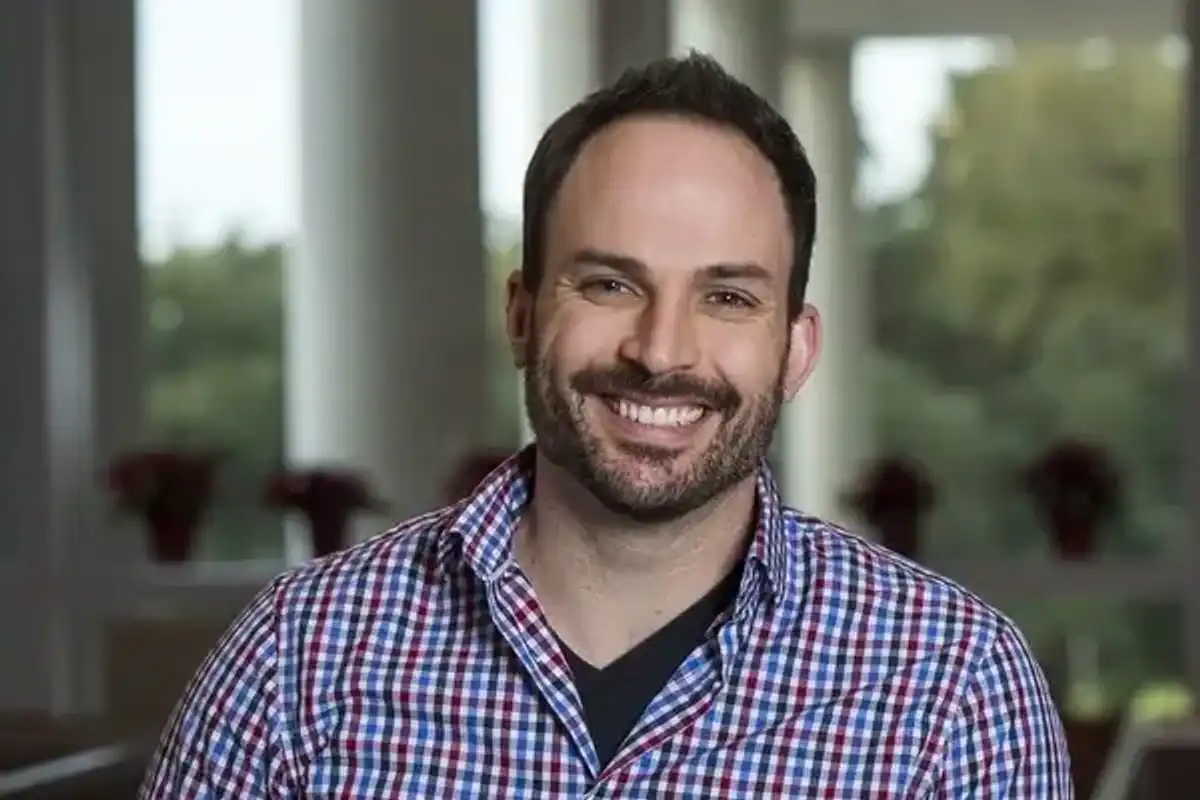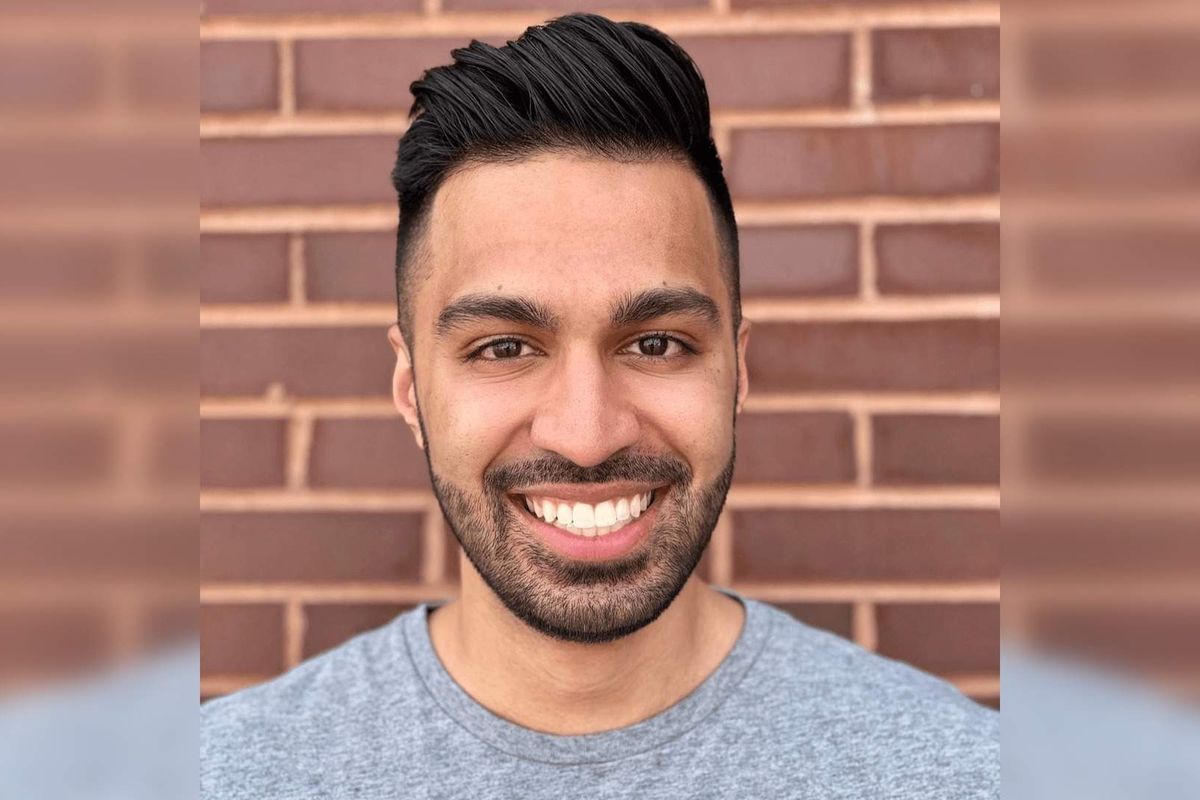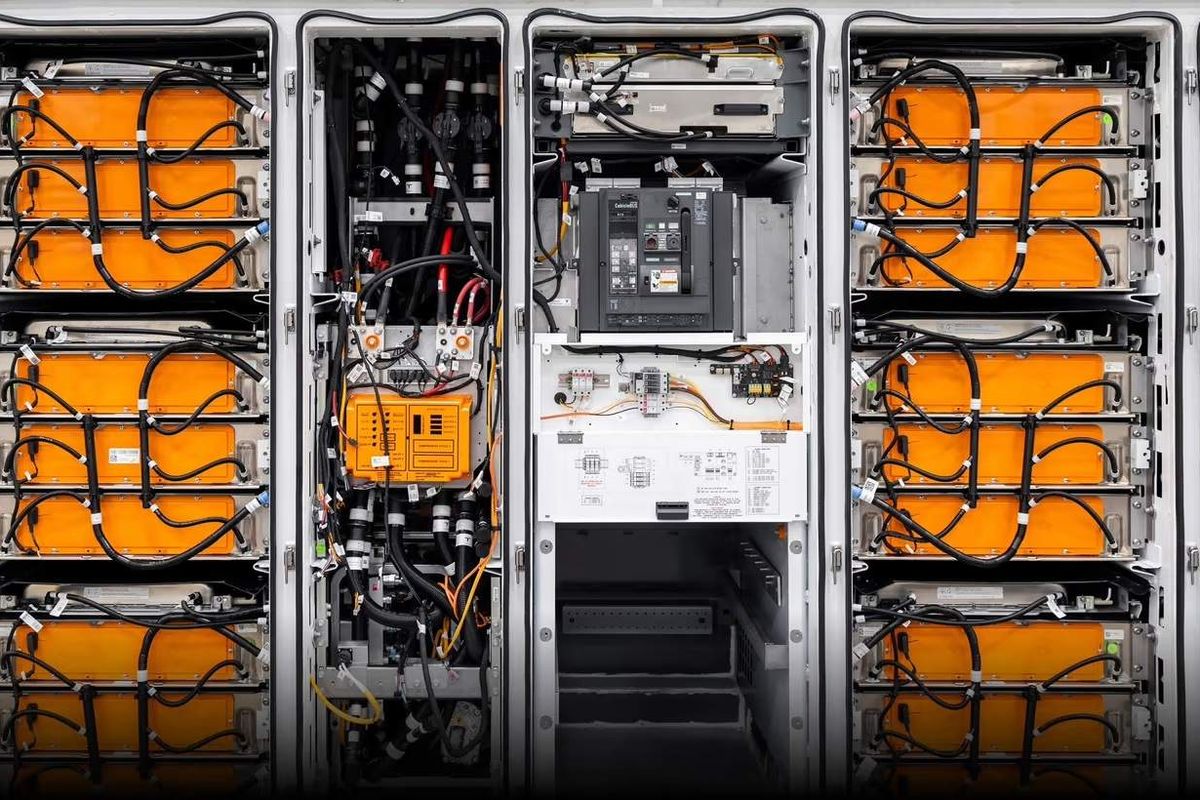Editor's note: These Houston innovators are making big strides in the fields of neurotechnology, neurodevelopmental diagnosis, and even improving the way we rest and recharge.
For our latest roundup of Innovators to Know, we meet a researcher who is working with teams in Houston and abroad to develop an innovative brain implant; a professor who has created an AI approach to diagnosis; and a local entrepreneur whose brand is poised for major expansion in the coming years.
Jacob Robinson, CEO of Motif Neurotech

Houston startup Motif Neurotech has been selected by the United Kingdom's Advanced Research + Invention Agency (ARIA) to participate in its inaugural Precision Neurotechnologies program. The program aims to develop advanced brain-interfacing technologies for cognitive and psychiatric conditions. Three Rice labs will collaborate with Motif Neurotech to develop Brain Mesh, which is a distributed network of minimally invasive implants that can stimulate neural circuits and stream neural data in real time. The project has been awarded approximately $5.9 million.
Motif Neurotech was spun out of the Rice lab of Jacob Robinson, a professor of electrical and computer engineering and bioengineering and CEO of Motif Neurotech.
Robinson will lead the system and network integration and encapsulation efforts for Mesh Points implants. According to Rice, these implants, about the size of a grain of rice, will track and modulate brain states and be embedded in the skull through relatively low-risk surgery. Learn more.
Dr. Ryan S. Dhindsa, Dhindsa Lab

Dr. Ryan S. Dhindsa, assistant professor of pathology and immunology at Baylor and principal investigator at the Jan and Dan Duncan Neurological Research Institute at Texas Children’s Hospital, and his team have developed an artificial intelligence-based approach that will help doctors to identify genes tied to neurodevelopmental disorders. Their research was recently published the American Journal of Human Genetics.
Dhindsa Lab uses “human genomics, human stem cell models, and computational biology to advance precision medicine.” The diagnoses that stem from the new computational tool could include specific types of autism spectrum disorder, epilepsy and developmental delay, disorders that often don’t come with a genetic diagnosis.
“Although researchers have made major strides identifying different genes associated with neurodevelopmental disorders, many patients with these conditions still do not receive a genetic diagnosis, indicating that there are many more genes waiting to be discovered,” Dhindsa says. Learn more.
Khaliah Guillory, Founder of Nap Bar
 From nap research to diversity and inclusion, this entrepreneur is making Houston workers more productiveFrom opening Nap Bar and consulting corporations on diversity and inclusion to serving the city as an LGBT adviser, Khaliah Guillory is focused on productivity. Courtesy of Khaliah Guillory
From nap research to diversity and inclusion, this entrepreneur is making Houston workers more productiveFrom opening Nap Bar and consulting corporations on diversity and inclusion to serving the city as an LGBT adviser, Khaliah Guillory is focused on productivity. Courtesy of Khaliah GuilloryKhalia Guillory launched her white-glove, eco-friendly rest sanctuary business, Nap Bar, in Houston in 2019 to offer a unique rest experience with artificial intelligence integration for working professionals, entrepreneurs and travelers who needed a place to rest, recharge and rejuvenate.
Now she is ready to take it to the next level, with a pivot to VR and plans to expand to 30 locations in three years.
Guillory says she’s now looking to scale the business by partnering with like-minded investors with experience in the wellness space. She envisions locations at national and international airports, which she says offer ripe scenarios for patrons needing to recharge. Additionally, Guillory wants to build on her initial partnership with UT Health by going onsite to curate rest experiences for patients, caregivers, faculty, staff, nurses and doctors. Colleges also offer an opportunity for growth. Learn more.








 Oils and scents help you relax. Photo by Dominique Monday
Oils and scents help you relax. Photo by Dominique Monday Apple doubles down on Houston with new production facility, training center Photo courtesy Apple.
Apple doubles down on Houston with new production facility, training center Photo courtesy Apple.